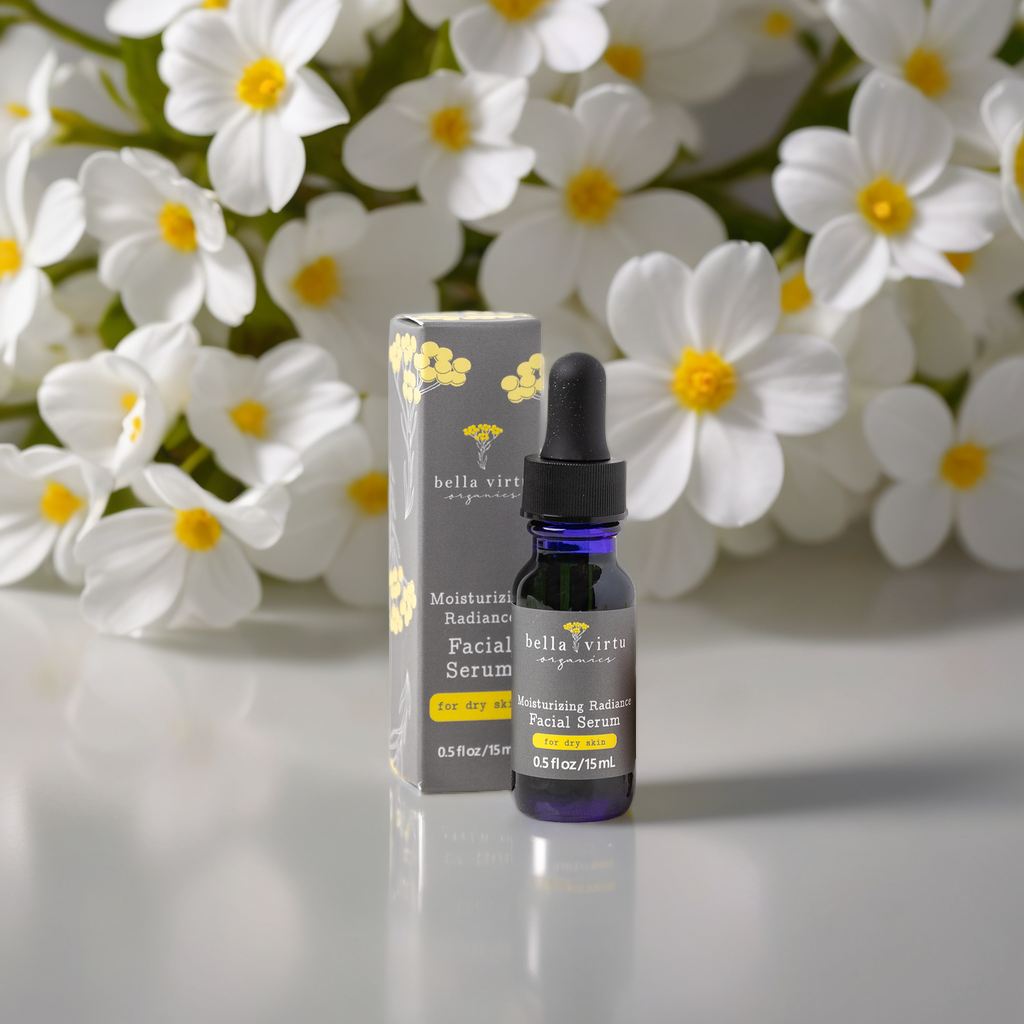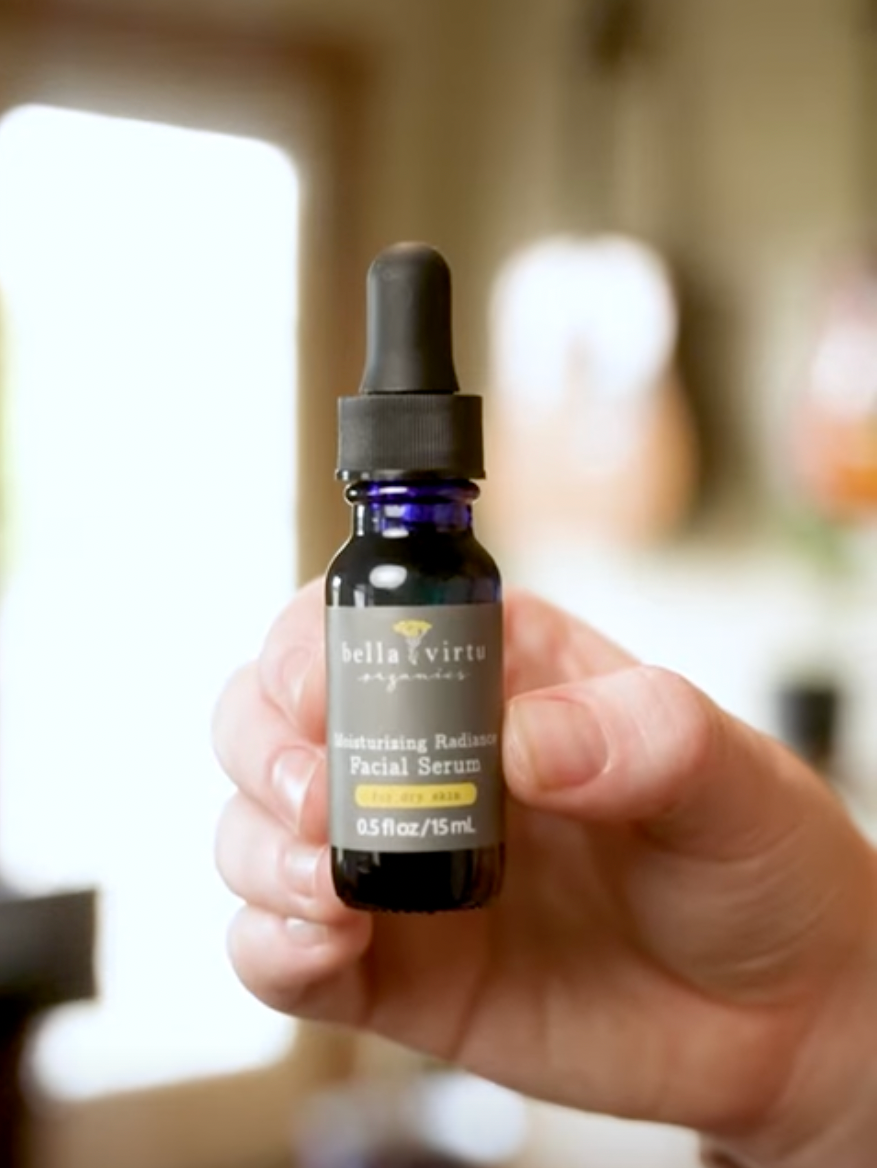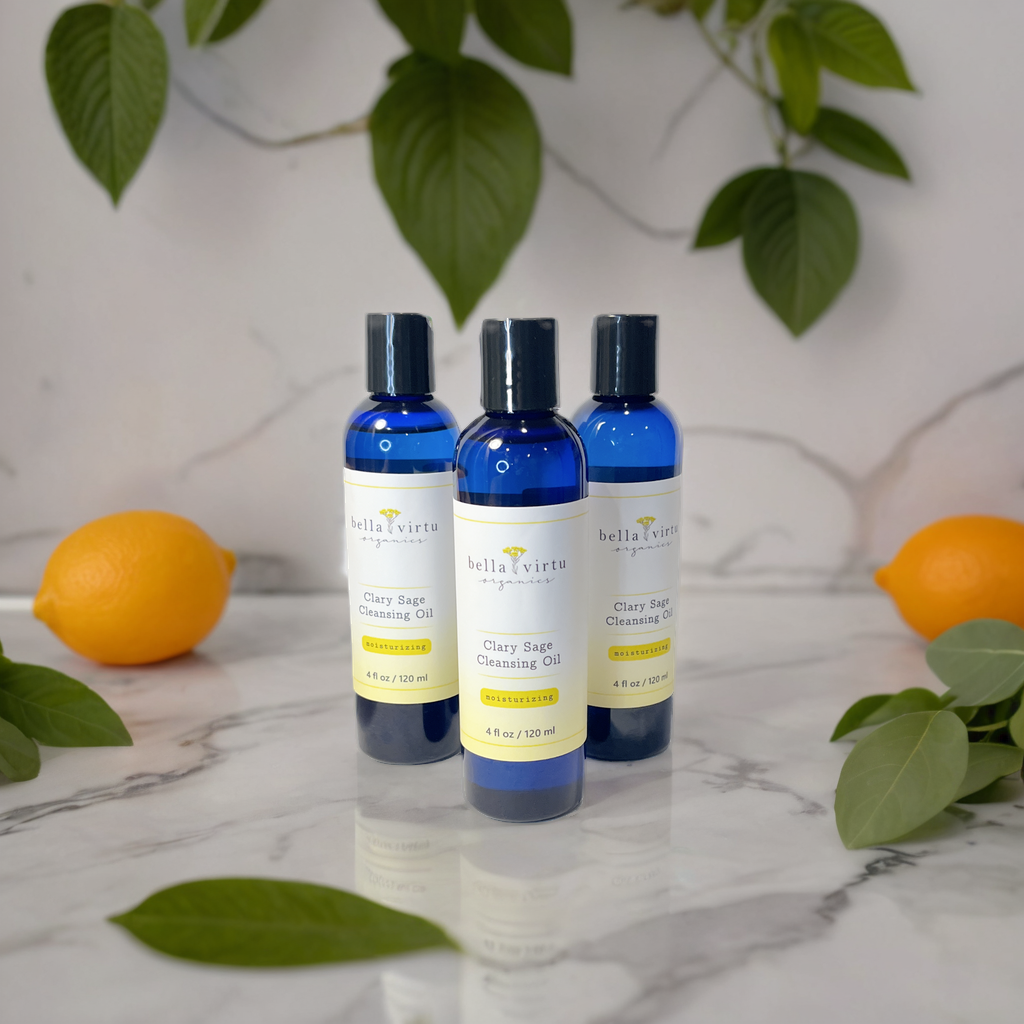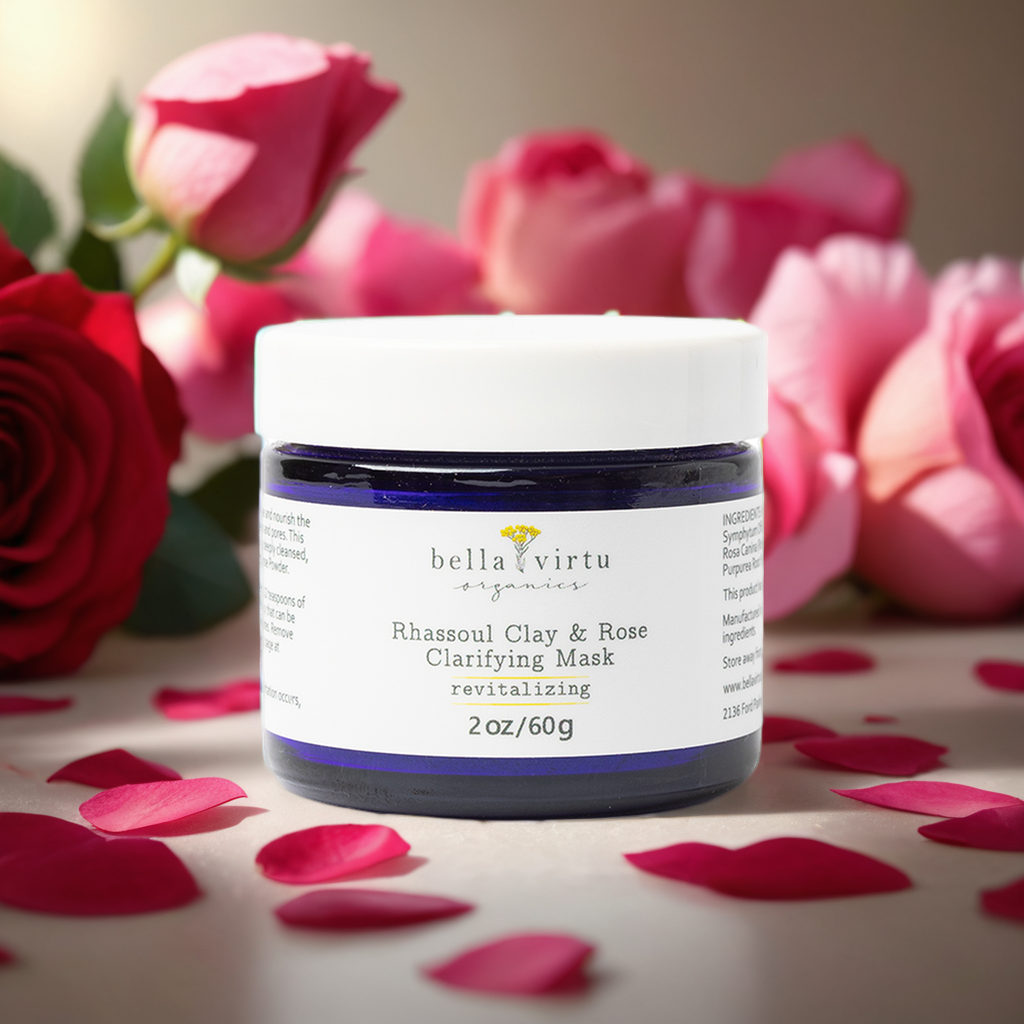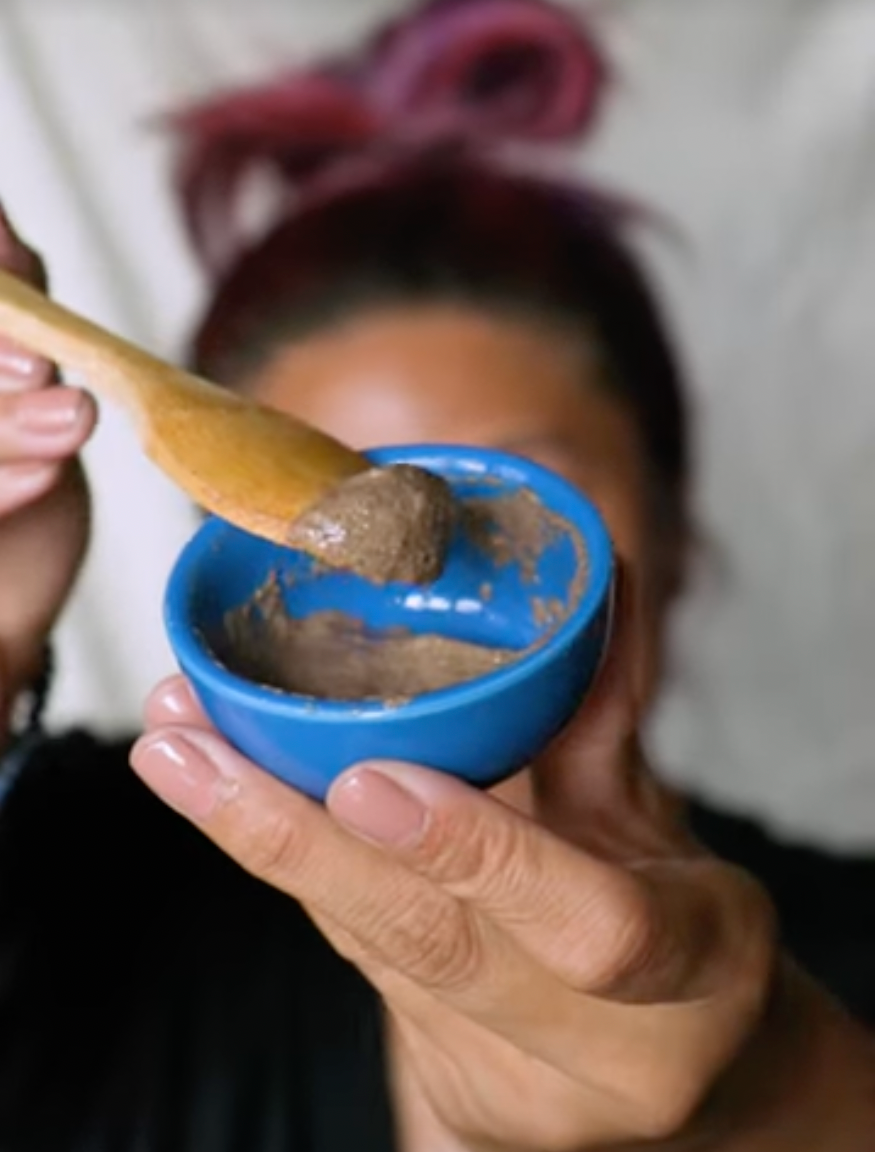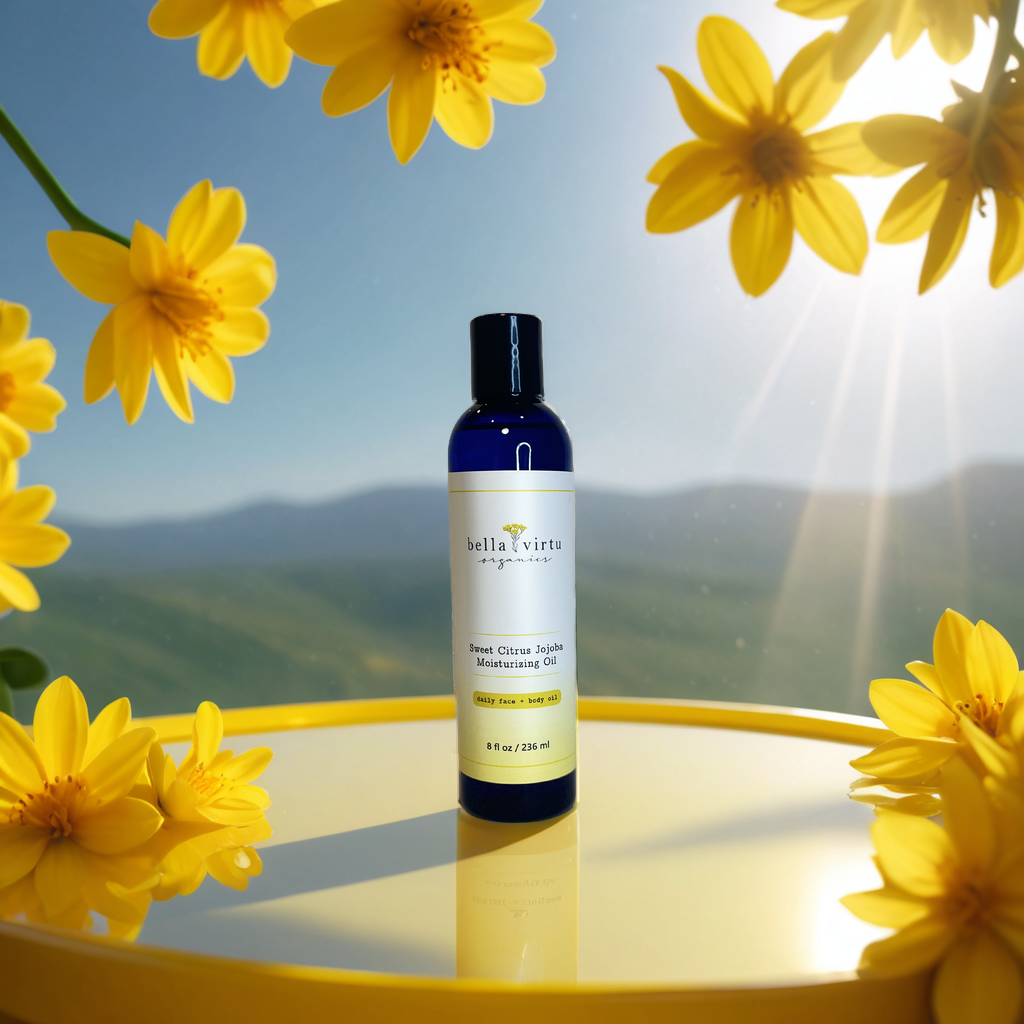When it comes to choosing the right organic skin foundation, there are a lot of factors to consider. But don't worry; we've got you covered. This ultimate guide will walk you through everything you need to know to find the perfect foundation for your skin type and tone.
Introduction: Why Choose Organic?
When you choose organic skin foundation products, you're taking a stand for healthy and sustainable beauty. Organic skin care products are made without harmful chemicals, pollutants, or dyes. Plus, they're often filled with essential vitamins, minerals, and antioxidants that help to keep your skin looking young and healthy.
If you have oily or blemished skin, choosing an organic foundation is especially important. Many conventional ingredients in cosmetics can cause acne-prone skin to become even more sensitive and inflamed. By using an all-organic foundation made from natural oils and butters rather than synthetic ones, you'll help reduce the risk of breakouts by combating inflammation before it starts.

The Benefits of Organic Skin Foundation
Organic skin foundation products are becoming increasingly popular as they offer several benefits over their conventional counterparts.
One of the main benefits of organic skin foundation is that it is free from harmful chemicals and synthetic ingredients. This means that organic skin foundation is free from potential irritants and allergens, which can cause skin irritation and other problems.
Another benefit of organic skin foundation is that it is sometimes more affordable than conventional skin foundations. This is because organic skin foundations are made with natural ingredients, often less expensive than synthetic ones.
Overall, organic skin foundation products offer many benefits over their conventional counterparts. If you are looking for a foundation that is free from harmful chemicals and synthetic ingredients, organic skin foundation products may be the perfect choice for you.
The Different Types of Organic Skin Foundation
There are a few different types of organic skin foundation products on the market, each with its own benefits and drawbacks. Here's a breakdown of the different types:
Mineral Foundation: Mineral foundations are made of natural mineral ingredients like talc, mica, and zinc oxide. They're oil-free and provide a matte finish, which is excellent for dry skin.
Silicone Foundation: Silicone foundations are made up of silicone oil and water. They're oil-free and provide a lightweight, airbrushed finish that's perfect for people with oily or combination skin.
Coconut Oil Foundation: Coconut oil foundations comprise coconut oil and water. They're oil-free and provide a natural matte finish perfect for dry or sensitive skin.
Honey Foundation: Honey foundations are made up of honey, water, and oil. They're lightweight and provide a natural matte finish that's perfect for people with oily or combination skin.

How to Choose the Right Shade of Organic Skin Foundation
Understanding Your Skin Type
When choosing an organic skin foundation, it is essential to understand your skin type. There are three main types of skin: dry, oily, and combination. To find the proper organic skin foundation for you, you'll need to determine your skin type and choose a foundation that matches.
Dry skin needs a foundation that is lightweight and oil-free. Oily skin needs a foundation that will mattify and control oil production. Combination skin needs a light enough foundation to not cause any problems but will also provide coverage.
Once you have determined your skin type, it is crucial to find the right shade of organic skin foundation. The shade of your foundation will depend on your skin tone and the organic skin foundation you use. Understanding your skin type is vital when choosing the proper organic skin foundation. Once you have determined your skin type and the right shade of organic skin foundation, you are ready to start applying your foundation!
Deciphering the Ingredients
When picking the right shade of organic skin foundation, it's essential to be aware of the ingredients. First and foremost, always look for foundations made with natural ingredients. Secondly, pay attention to the coverage level; less Coverage means a lighter shade overall. And finally, opt for a more watery foundation with light coverage if you're looking for an all-in-one solution. However, choose a more heavy or full-coverage foundation if you want something with fuller coverage.
In general terms, foundations made with mineral powder tend to have good coverage while those made with silk extract or botanical extracts will have light Coverage and are often translucent or sheer in nature. For those concerned about their skin's sustainability, it's also important to note that organic skin foundations often have lower concentrations of mineral powders and other synthetic ingredients.
When choosing a shade, start with your Fitzpatrick Skin Type. If you're in between two shades, go for the darker one. And lastly, use a foundation brush to buff the foundation into your skin until it feels thoroughly blended and looks natural.
Trial and Error
The Different Types of Organic Skin Foundation
There are a few different types of organic skin foundations, each with advantages and disadvantages. Here is a breakdown of the different types:
Foundation Powders
Powder foundation is a popular type of organic skin foundation because it is versatile and flattering on virtually every skin tone. It comes in various shades and formulations, including satin, powdery matte, natural finish, luminous finish, contour/ highlight shade range (with customizable shades), and an airbrush finish. Powder foundation is also easy to apply with a brush or sponge, and it is also affordable. However, some people find powder foundation can be dry and cakey on their skin.
Liquid Foundations
Liquid foundations are perfect for people who have dry or oily skin. They come in various shades and formulations, including oil-free, full coverage, light coverage, and retinol formulas. liquid foundations are easy to apply with a brush or sponge and stay put all day long. However, some liquid foundations can be too light or sheer for people who want full coverage.

How to Apply Organic Skin Foundation for a Flawless Finish
There are a few things to keep in mind when applying organic skin foundation:
Start with a light hand. A heavy hand can make your skin look cakey.
Use a brush to apply the foundation evenly to your face.
Apply the foundation in small, circular motions.
Use a light hand when blending the foundation into your skin. Too much blending can make your skin look cakey and overdone.
FAQs About Organic Skin Foundation
What are some common ingredients in organic skin foundation products?
Organic skin foundations typically contain a mixture of natural and chemical ingredients. Most often, these ingredients include oils, butters, and waxes. Many organic skin foundations are also made with natural-based antioxidants. These antioxidants help protect the skin from free radical damage.
Are all organic skin foundations as good as they say?
There is no one-size-fits-all answer to this question. Some people find that organic skin foundations give them better coverage than conventional makeup products, while others don't see a significant difference. Ultimately, it's up to you to try different brands and formulations to see what works best for your complexion
Organic skin foundations offer many benefits over conventional products, including being better for your health and the environment. With so many options on the market, it can be tricky to know which one is right for you. This guide will help you choose the perfect organic skin foundation based on factors like shade, type, and desired finish.
